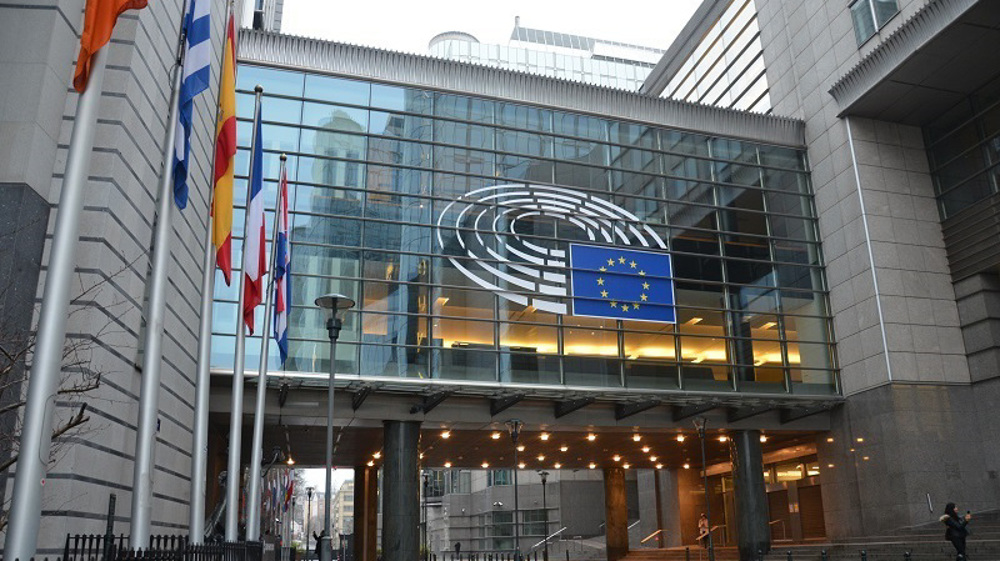Finland to bury nuclear waste for 100,000 years
Finland is preparing to bury thousands of tons of its radioactive nuclear waste in tunnels on Olkiluoto Island for 100,000 years.
The country will begin burying 5,500 tons of its waste in 2020 in a network of tunnels called Onkalo, Finnish for the Hollow.
The project began in 2004 with setting up a research facility to study the suitability of the site in Olkiluoto, which is home to one of the country’s two nuclear power plants.
The highly-radioactive nuclear waste will be buried in the tunnels that will be constructed some 420 meters below the surface of the Earth and will be sealed up for good. Reports said officials may even throw the key away.
The waste will be locked in iron casts and then put into thick copper canisters and finally placed in the tunnels.
Each capsule will be surrounded with a buffer made of bentonite, which is a type of clay that can protect capsules from the shuddering of rocks and avoid water from getting into them.
The tunneling project is anticipated to cost $4 billion.

“This has required all sorts of new know-how,” said Ismo Aaltonen, chief geologist at nuclear waste management organization Posiva, which was appointed last year to develop the site.
The Hollow is now a twisting five-kilometer tunnel with three shafts for staff and ventilation. It will eventually become 42km.
The site is extremely dry and cool. This will protect the waste from the corrosive effects of water.
It is anticipated that the waste would lose most of its radioactivity after a few hundred years. Finnish scientists, however, planned for 100,000 years to be on the safe side.
Anti-nuclear power activists have expressed concern about potential radioactive leaks from the tunnels.
“Nuclear waste has already been created and therefore something has to be done about it. But certain unsolved risk factors need to be investigated further,” said Greenpeace spokesman Juha Aromaa.
Israel recognizes Somaliland as state, drawing international condemnation
VIDEO | Press TV's news headlines
VIDEO | Pakistan signs major defense export deal with Libya
VIDEO | Gaza children at Al-Nour school call for caravans to restore education
Critical Gaza hospital runs out of fuel, suspends most services
Yemen says ready for next inevitable war, urges Muslims to be vigilant
West uses sanctions to cling to fading dominance: Moscow
Iran to host tripartite naval drill in oceanic region: Commander










 This makes it easy to access the Press TV website
This makes it easy to access the Press TV website